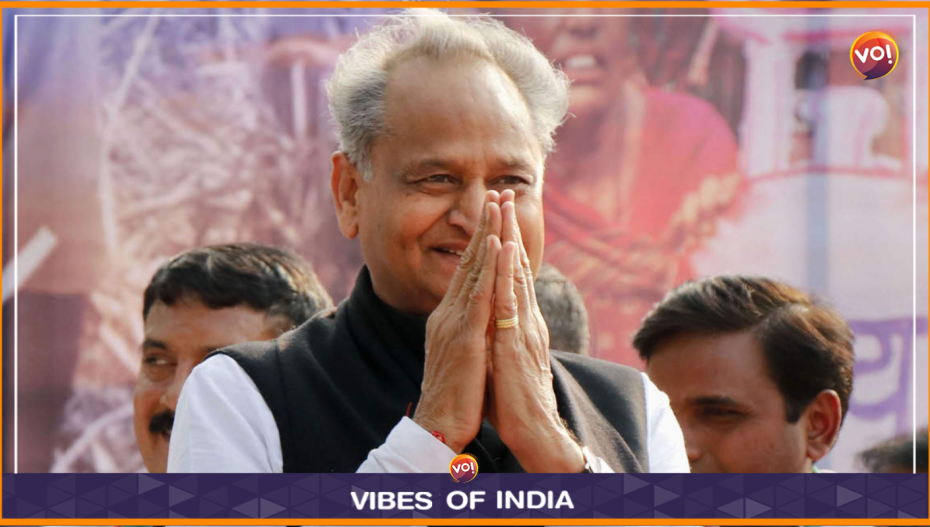Rajasthan Chief Minister Ashok Gehlot has announced the formation of several welfare and development boards, with a majority of them focused on specific castes and communities.
In recent months, out of the ten boards established eight are dedicated to caste and community-based initiatives. These boards aim to address the specific needs and concerns of marginalised groups, including washermen, barbers, silversmiths, gardeners, and folk artists. While these communities already benefit from reservations as part of the Scheduled Caste, Scheduled Tribe, or Other Backward Class categories, the separate boards promise additional advantages tailored to their unique requirements.
One such example is the Rajasthan State Mahatma Jyotiba Phule Board, which aims to uplift socially and educationally disadvantaged communities such as Kachhis, Kushwahas, Malis, and Sainis. The newly constituted Rajasthan State Dhobi Welfare Board seeks to provide essential facilities to the washermen community. Similarly, the Rajasthan Leather Crafts Development Board has been established to enhance the standard of living and promote economic development among individuals involved in the leather business.
Political analysts view these targeted initiatives as a common tactic employed by governments ahead of elections to cater to specific areas or communities. By establishing boards dedicated to specific castes and communities, Gehlot’s government aims to gain the support and goodwill of these groups.
The recently announced boards include the Mahatma Jyotiba Phule Board, Rajasthan Leather Crafts Development Board, Rajasthan State Rajak (Dhobi) Welfare Board, Rajasthan State Swarna Rajat Kala Vikas Board, Folk Art Development Board, Veer Shiromani Maharana Pratap Board, Veer Tejaji Board, Shrikrishna Board, Braj Kshetra Religious Development Board, and Thar Area Development Board. Each board focuses on the welfare and development of its respective community or region, with the aim of promoting cultural identity, economic growth, and tourism.
These welfare boards signify Chief Minister Ashok Gehlot’s commitment to addressing the concerns of marginalised communities and ensuring their progress. As the state heads towards elections, the formation of these boards is seen as a strategic move to garner support and strengthen the government’s relationship with various communities in Rajasthan.
Also Read: Justice Mukta Gupta’s Last Day in Delhi High Court Marked By A Series Of 65 Influential Judgements













